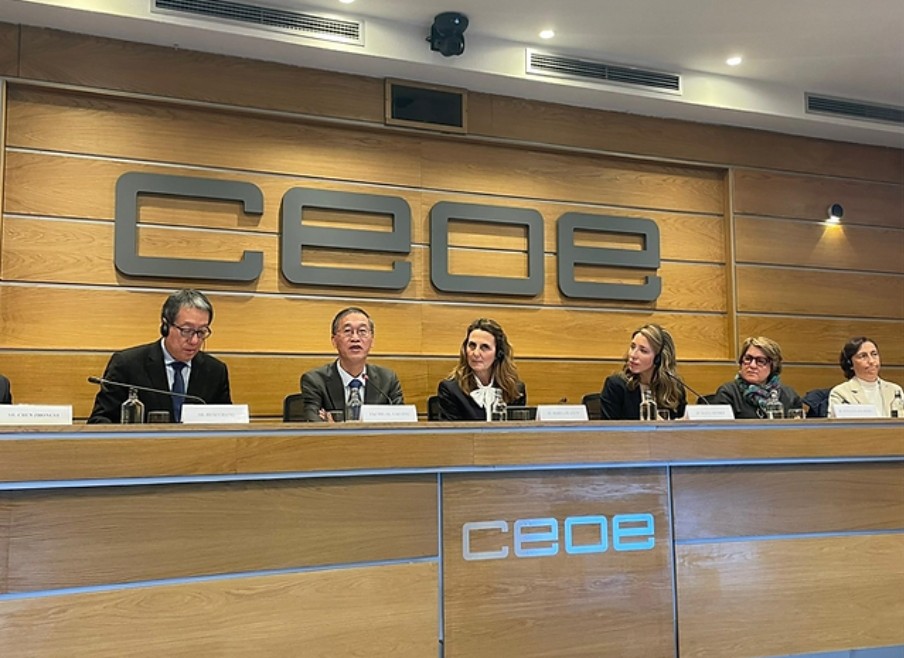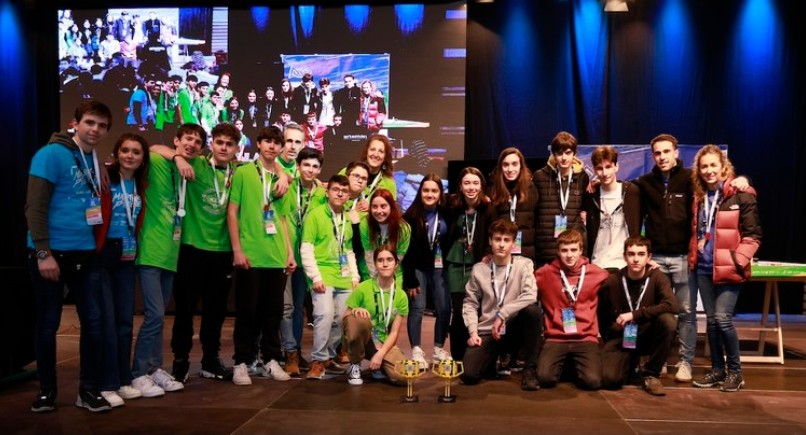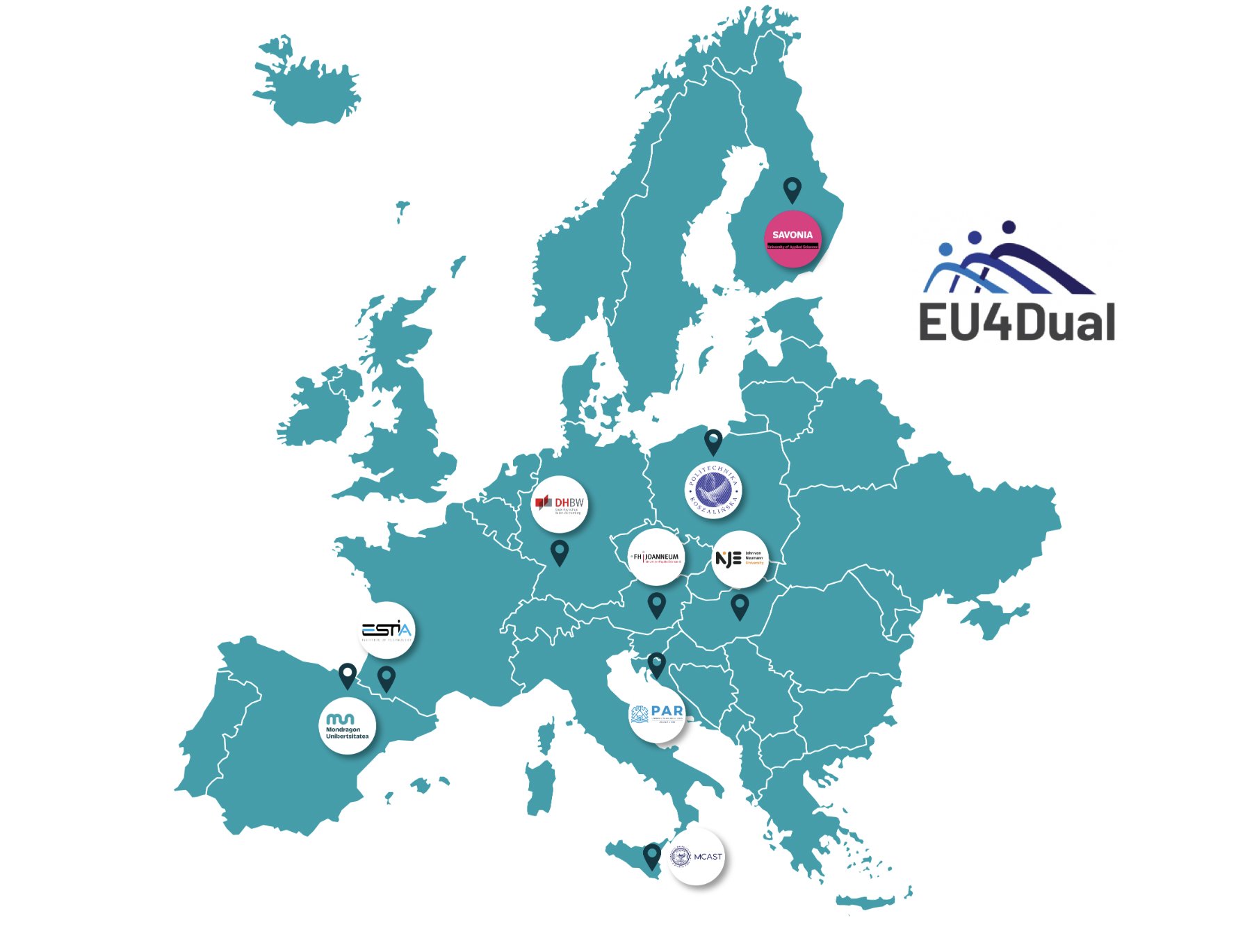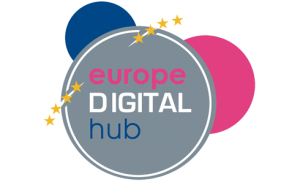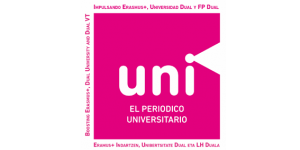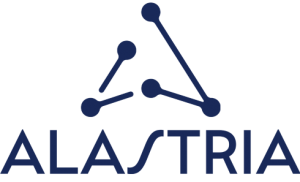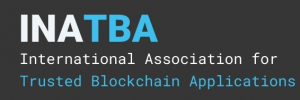Software developer, Digital Project Manager and ICT technician; these are the most requested digital profiles.
Among the profiles most requested by Spanish companies are digital profiles. This is what the Telefónica Foundation’s Employment Map shows. This map is a tool based on Big Data and Artificial Intelligence, which analyzes the job offers published in the last three months on the Infojobs, Tecnoempleo and Ticjob portals, to visually and interactively show the most requested profiles and digital skills in the Spanish territory and provinces.
- The digital profiles most requested by Spanish companies
In the latest data published in March, the Employment Map recorded a total of 87,391 job offers in Spain for digital professions.
The five most requested profiles were as follows:
– Software developer, with more than 15,200 jobs.
– Digital project manager, over 9,500.
– Professional ICT technicians, over 9,000.
– Systems administrator, over 8,000.
– ICT consultant, with around 7,400 job offers.
- Digital skills in highest demand
The employment map records and analyzes the digital skills most in demand in the national territory. In the last three months, Java has been the most requested, present in almost 11,600 published offers.
This skill is followed by Cloud Computing, which is required in more than 6,800 vacancies; in third place, JavaScript in more than 6,800 offers and GIT, present in more than 5,000.
Madrid, Catalonia and Andalusia, the CCAAs that demand the most digital professionals.
According to the data collected in the last three months thanks to the Employment Map, Madrid is located in the autonomous community with the most job offers for digital professionals, with a total of 22,197.
Then there is Catalonia with 14,118, more than 12,400 belonging to the province of Barcelona, and Andalucía, which rises one position compared to the previous quarter, with 4,285 job offers. Valencia continues the national classification, with 4,117; The Basque Country, with 2,984; and Galicia with 1,296 places.
Telefónica Foundation, promoter of digital inclusion
We want to be an active part of a fairer people, where people can develop their full potential, using the transformative power of digital to achieve greater social progress.
That is why, at Fundación Telefónica, we promote the development of digital skills through innovative solutions that change people’s lives, improve their employability, reduce the educational gap and tackle the new social and digital vulnerability. Check out our free training offers!
Our role
We help change people’s lives to improve employability, reduce the education gap and tackle new social and digital vulnerability.
At Fundación Telefónica, we believe in an open, connected and humanistic digital society, where progress belongs to everyone and belongs to everyone, in which we all have the potential and our grain of sand. And we believe in technology as a means to add, grow and improve, to expand capabilities and opportunities and to break with inequality.
We believe in progress and the transformation of society, in a future without limits, gaps or weaknesses, which is why we believe that digitization is an essential tool for progressing together towards that future, a means for integration and social evolution. Understanding this digital world is also approaching those who may be weaker, not only socially, but also technologically.
We believe in an open, connected, inclusive and humanistic digital society and we operate in 41 countries with a transformative vocation, meeting the needs of each person and contributing to the economic, social and cultural development of each community.
¡The Telefónica Foundation works to promote the inclusive digital development of society as a whole and to provide people with the necessary digital skills to unleash their full potential. Through innovative solutions, Fundación Telefónica works to respond to three major social challenges: employability, education and social and digital vulnerability, within the framework of the Sustainable Development Goals (SDGs). Thus, during 2022, it has reached a social footprint of 24.2 million people.



